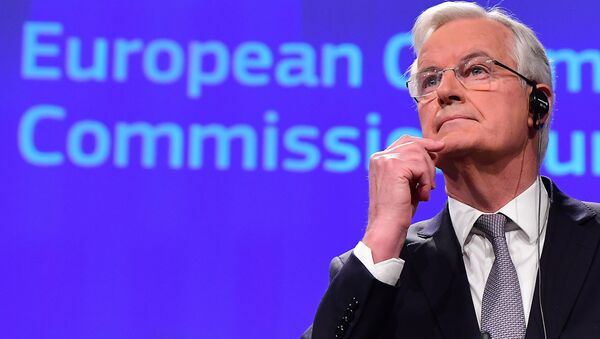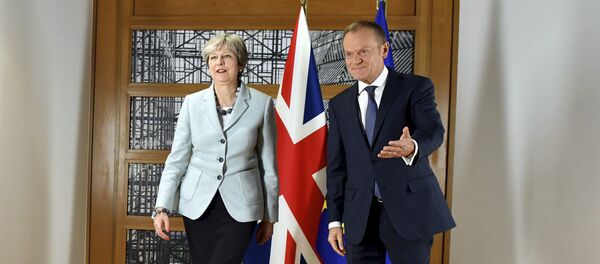European Chief Negotiator Michel Barnier said today that Brexit is a lose-lose situation and warned that the cost of Brexit will be "substantially" higher for the UK than the European Union.
The senior EU official, who has headed the team of EU negotiators in Brexit talks with the UK, also said the bloc's financial stability cannot be maintained if financial institutions are able to operate in the EU without authorization from the regulators of a third country.
The UK government, particularly hardline Brexiteers, have expressed opposition to the system.
"Why would the equivalence system, which works well for the U.S. industry, not work for the City?," Mr. Barnier said during a financial conference in Sofia on Thursday.
Vice President of the European Commission Valdis Dombrovskis described the system as a "pragmatic solution" for providing the UK with access to the EU's financial market.
"To sum up: equivalence is not perfect, neither for firms nor for supervisors. But we should not let perfect be the enemy of good. Equivalence has proven to be a pragmatic solution that works in many different circumstances, and it can work for the UK after Brexit as well," the vice president of the European Commission told the City Week conference in London earlier this month.
READ MORE: UK Liable to Pay 'Brexit Bill' Even Without Deal With EU – National Audit Office
The UK voted to exit the EU in mid-2016 via a nationwide referendum, with just over half of voters voting in favor of leaving the bloc. Earlier this year, negotiations yielded a draft transition deal, but a number of issues, such as the Irish border, are yet to be solved.



